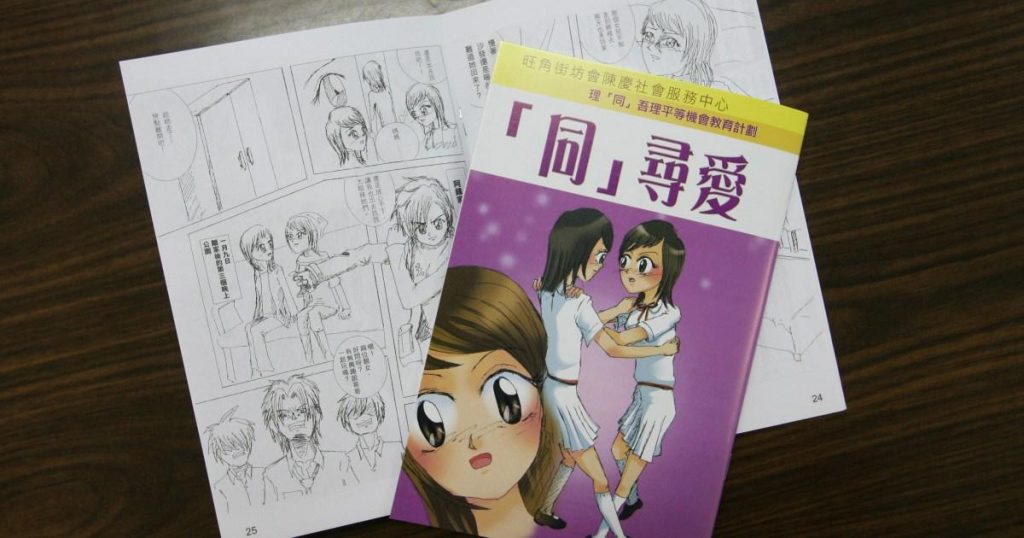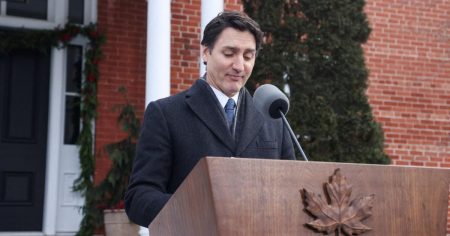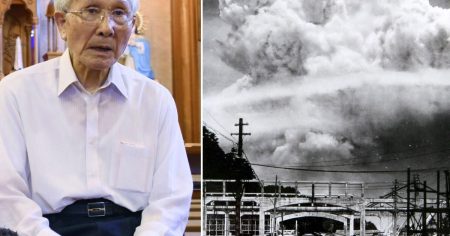China’s recent crackdown on LGBTQ+ erotica authors highlights the ongoing tension between freedom of expression and government censorship in the country. While homosexuality itself is not illegal in China, the government maintains strict control over content deemed “pornographic” or “vulgar,” often using these designations to suppress LGBTQ+ voices and narratives. This latest wave of arrests, targeting around 50 authors in Anhui province, primarily focuses on those publishing on Haitang Literature, a Taiwan-based platform known for its danmei genre, which explores romantic and sexual relationships between men. The severity of the penalties faced by these authors varies depending on their earnings, with some potentially facing life imprisonment. This harsh legal landscape creates a chilling effect on LGBTQ+ expression and underscores the precarious position of queer authors in China.
The crackdown highlights the government’s strategic use of pornography laws as a tool for broader censorship. While ostensibly aimed at prohibiting sexually explicit material, these laws are often applied selectively to target content that challenges social norms or political agendas. The case of Ms. Liu, a novelist sentenced to ten years in prison in 2018 for including gay scenes in her work, serves as a stark example of how these laws can be wielded to silence dissenting voices. The government’s justification for such harsh punishments often revolves around vague notions of protecting public morality and preventing the spread of “perverted” behavior. However, critics argue that these actions are primarily motivated by a desire to maintain social control and suppress any form of expression that deviates from official narratives.
The targeting of Haitang Literature, a platform outside of mainland China’s jurisdiction, demonstrates the lengths to which the Chinese government is willing to go to control online content. The reported arrest of the website’s Chinese distributor suggests an attempt to disrupt access to the platform and discourage participation from within the country. This extraterritorial reach of censorship reflects the government’s increasing focus on regulating online spaces, even those beyond its immediate control. The use of vague and broadly defined laws allows authorities to interpret and apply them arbitrarily, further limiting freedom of expression and creating a climate of fear and self-censorship among authors and creators.
Despite the decriminalization of homosexuality in China, LGBTQ+ individuals continue to face significant discrimination and marginalization in various aspects of life. This societal prejudice is further exacerbated by the government’s censorship policies, which effectively erase LGBTQ+ representation from mainstream media and cultural discourse. The removal of China’s first online gay-themed TV series in 2016 exemplifies the government’s active suppression of LGBTQ+ visibility. This systematic erasure not only reinforces negative stereotypes and prejudices but also denies LGBTQ+ individuals the opportunity to see themselves reflected in media and culture, further contributing to their marginalization.
The crackdown on LGBTQ+ erotica authors is not an isolated incident but rather reflects a broader pattern of censorship and control over creative expression in China. The government’s zero-tolerance approach to content deemed “vulgar” or “illegal” has resulted in the removal of countless websites and the silencing of numerous voices. This pervasive censorship extends beyond LGBTQ+ issues, encompassing a wide range of topics deemed sensitive by the authorities, including political dissent, social activism, and religious expression. This restrictive environment stifles creativity and limits public discourse, hindering the development of a vibrant and diverse cultural landscape.
The international community has expressed concern over China’s increasingly restrictive approach to freedom of expression, including the targeting of LGBTQ+ content. Human rights organizations have documented numerous cases of censorship and persecution of LGBTQ+ individuals and advocates. The ongoing crackdown on erotica authors underscores the urgent need for greater international pressure on the Chinese government to uphold its human rights obligations and protect the fundamental right to freedom of expression for all its citizens, regardless of their sexual orientation or gender identity. The fight for LGBTQ+ rights in China is inextricably linked to the broader struggle for freedom and equality, and it requires sustained international attention and advocacy to challenge the government’s repressive policies and promote a more inclusive and tolerant society.











